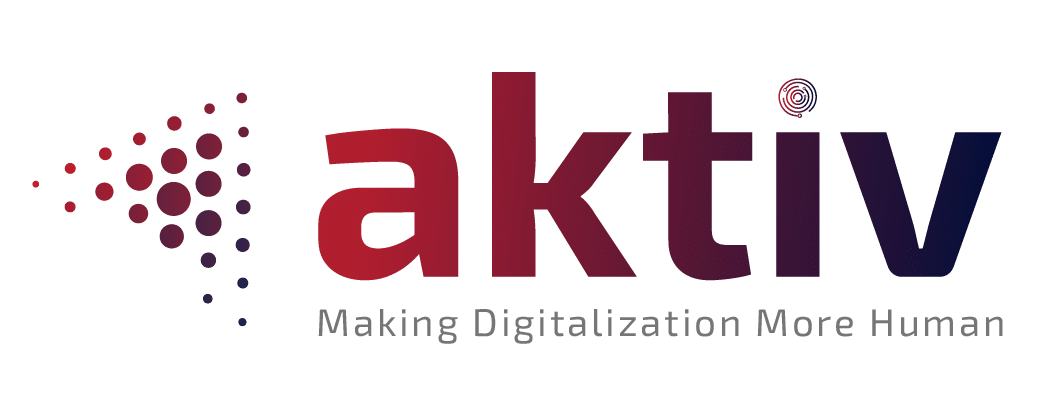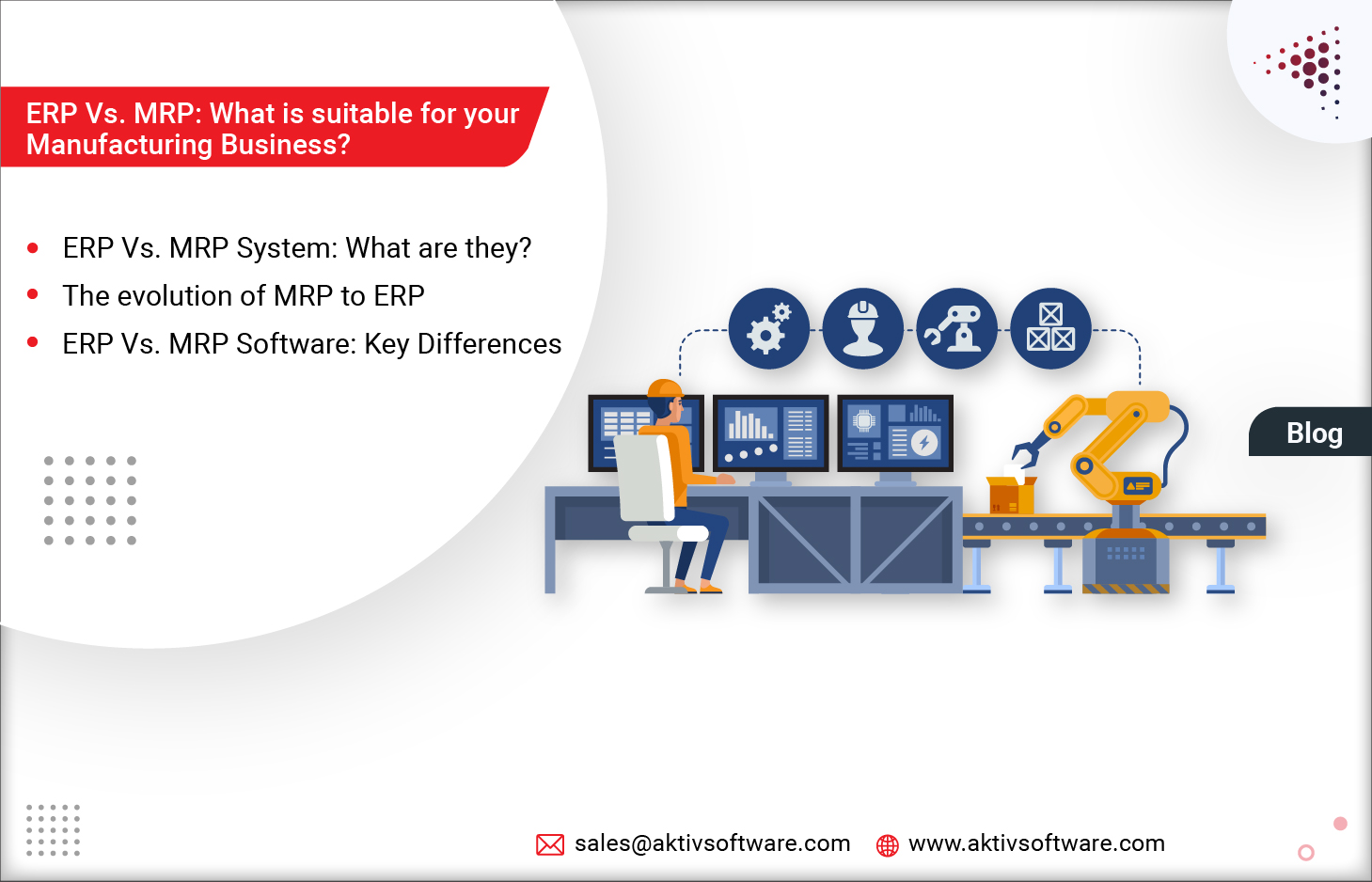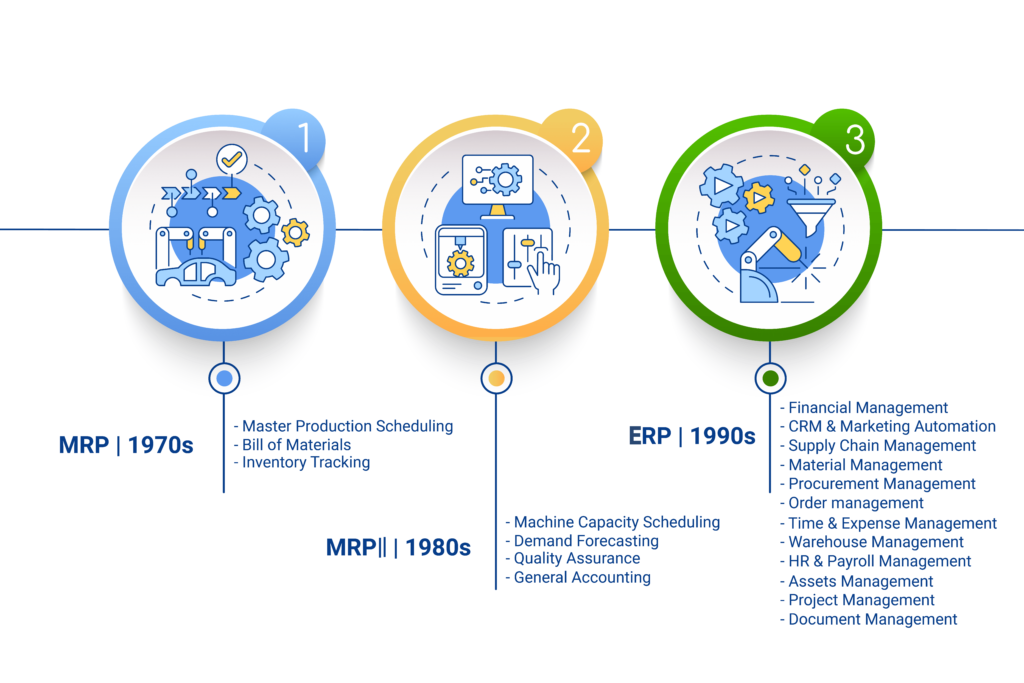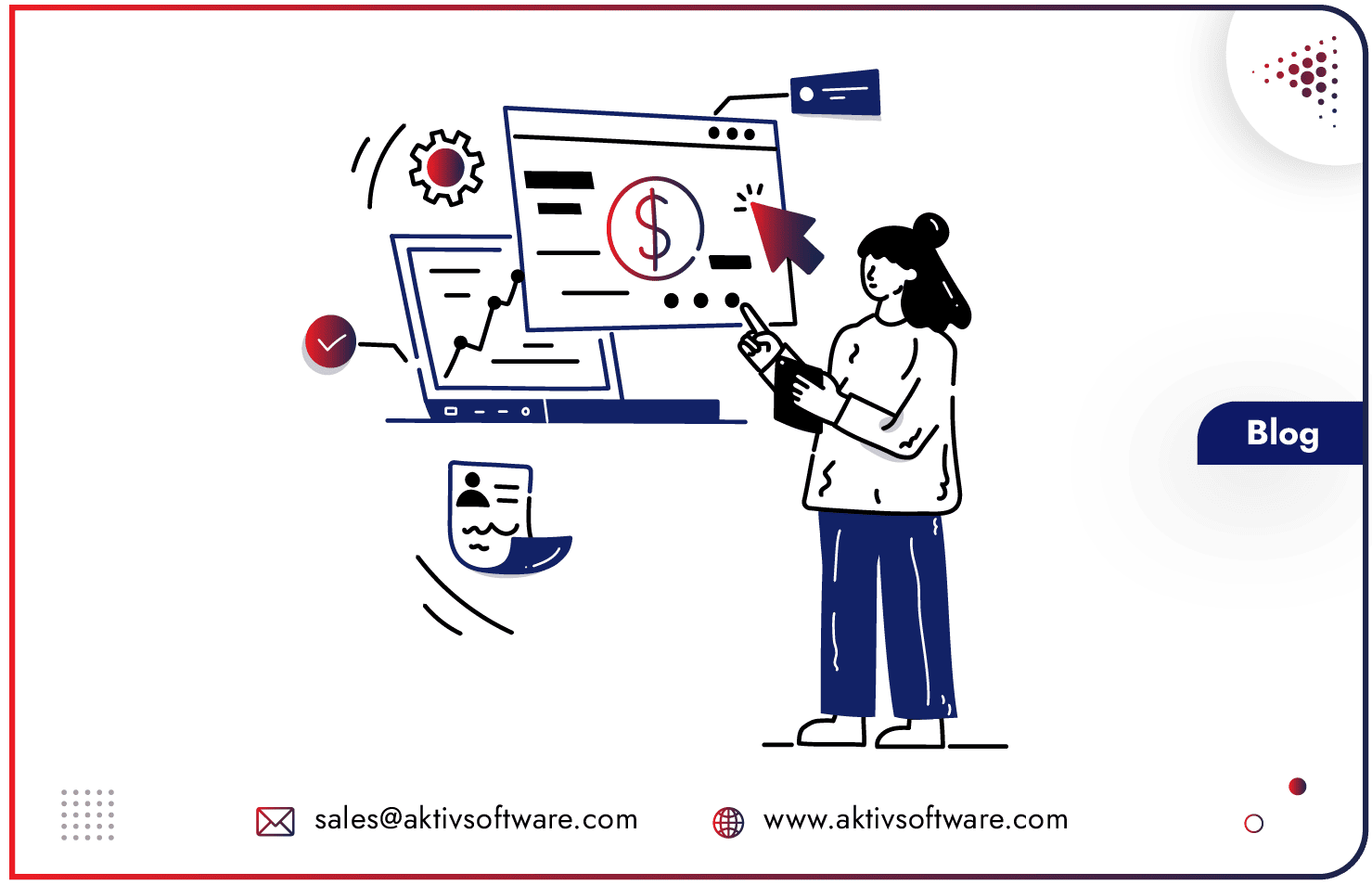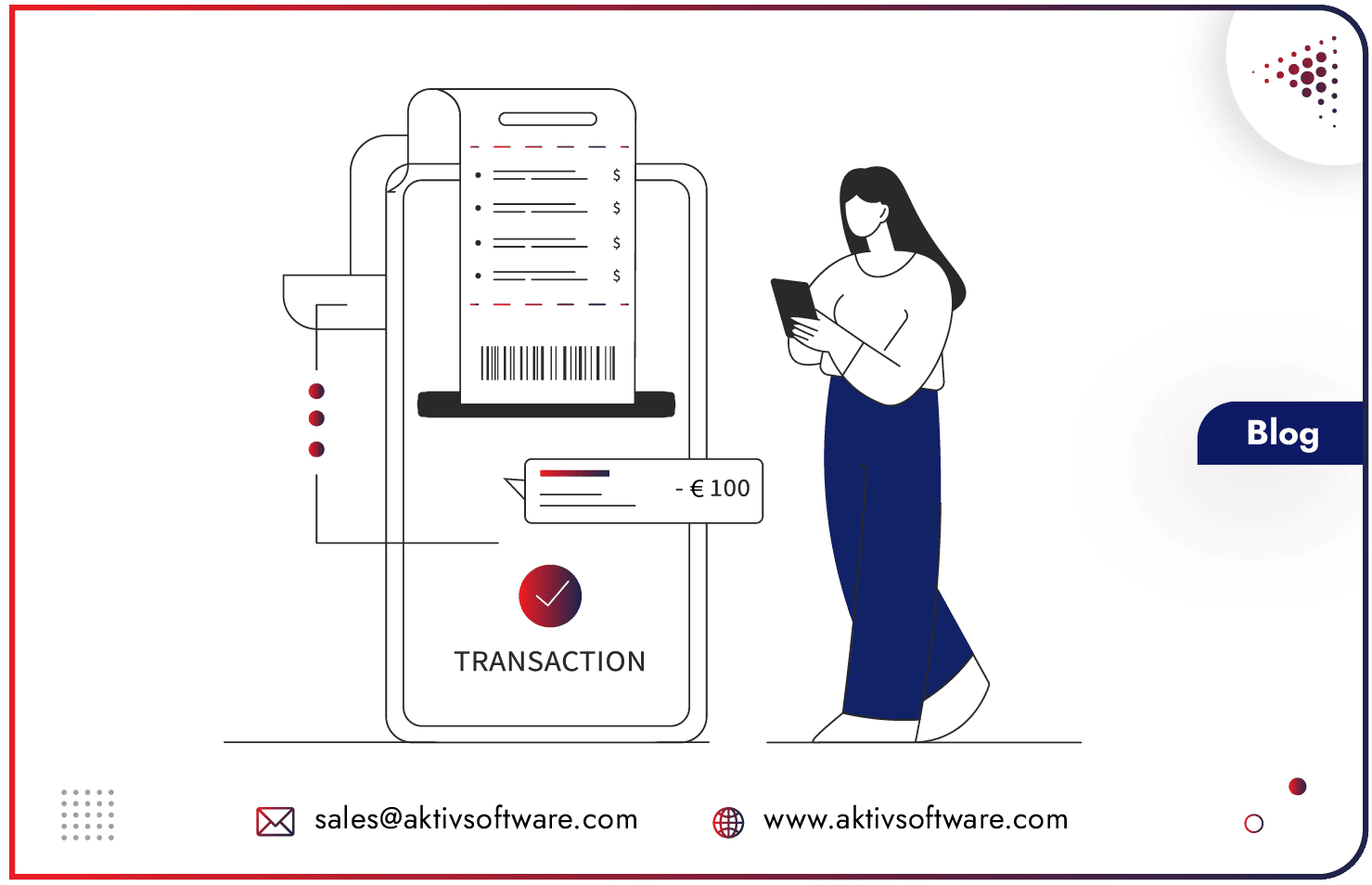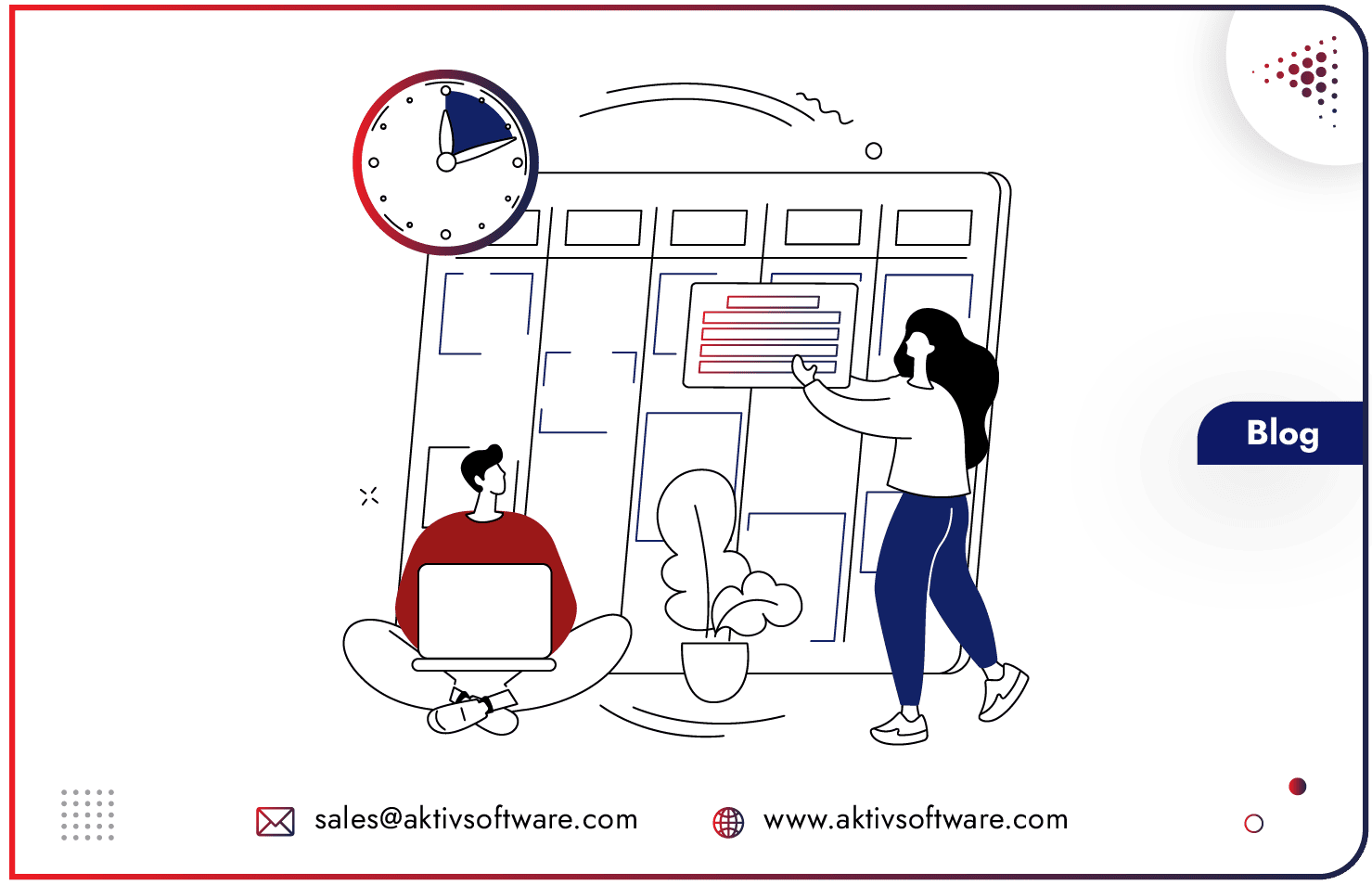If the acronyms ERP and MRP are familiar to you, you are already looking for a way to digitally transform your Manufacturing business, but juggling between the ERP Vs. MRP battle, at some point away, must be mapped to ensure the right path to success.
Manufacturing as an industry is quite different from others when it comes to managing operations. But all industries strive for a common thing regardless of type and size- identifying the need to choose a suitable solution/software.
It is especially true when a company reaches a stage to scale up and search for a suitable solution or software.
A company’s ability to respond to innovation, unseen changes, supply shortages, spikes in demand, unavailability of resources, or sudden regulations shift defines its sustainability.
Having all these in mind, as a result, the decision-maker ends up choosing a system that is too weak or too strong, or one that requires intense training for already overtaxed staff, and even then, the full potential may never be realized.
In this blog, we will understand ERP and MRP individually and finally conclude which software is suitable for your manufacturing company.
ERP Vs MRP System: What are they?
In the manufacturing world, the MRP acronym was popularly known as Materials Requirements Planning Software, which helped the industry suffice its primary purpose of identifying production materials needs and avoiding loss of productivity and downtime.
Material Requirements Planning software (MRP I) is also among the first software-based systems designed to improve manufacturing productivity.
MRP I Features:
- Maintain minimum required Stock
- Bill of Materials
- Inventory Tracking
The Material software helped the production planners forecast and produce materials while maintaining appropriate inventory levels.
But as the global competition between companies grew, the wave of innovation changed the norm of manufacturing from mass production to customization.
Due to the customized production trend, MRP II (Manufacturing Resource Planning) was introduced to guarantee a new way of managing production and meet increasing product complexity against the shorter demand time to market.
MRP II Features:
Alongside the already included MRP I feature, MRP II also offers-
- Master Production Schedule
- Machine and Labor Capacity Planning
- Sales and Demand Forecasting
- Quality Assurance
- General Accounting
MRP II is the successor of MRP I and is still used by many manufacturing companies due to its better visibility across planning, scheduling, and forecasting.
Further, due to the need to eliminate expensive customizations, adapt to rapid business change, and address future requirements, Enterprise Resource Planning came into existence.
The Birth of ERP!
The evolution of the ERP concept started in the early 1960s. It is commonly seen as the extended version of MRP II, but its features are much more comprehensive.
In the 1990s, Gartner coined the term ERP and labeled it as an advanced suite of software that would encapsulate all the features of MRP II software while also introducing applications for other operations such as Financial Management, HR & Payroll management, CRM, etc. That is how the ERP system was born.
Preferably, we can say that MRP evolved into ERP.
An ERP software enables integrated business processes, be it materials planning, raw materials purchases, inventory management, sales, finances, marketing, or human resources.
ERP Features:
- Real-time visibility and insights
- Automated business processes
- Single and consolidated database
- A common user interface for all the business functions
- Multiple modules to manage critical business functions
- Seamless integration across functions, departments, and data
ERP software guarantees organizations in manufacturing, wholesale and distribution, retail, etc., to extend their business strategy while linking administrative (Financials, Human Capital Management and Procurement) and operational (Order Management, Manufacturing and Supply Chain, Asset Maintenance) functions.
E.g., the operation functions that have a financial impact will automatically reflect the same in the financial modules.
The evolution of MRP to ERP:
ERP Vs MRP Software: Key Differences
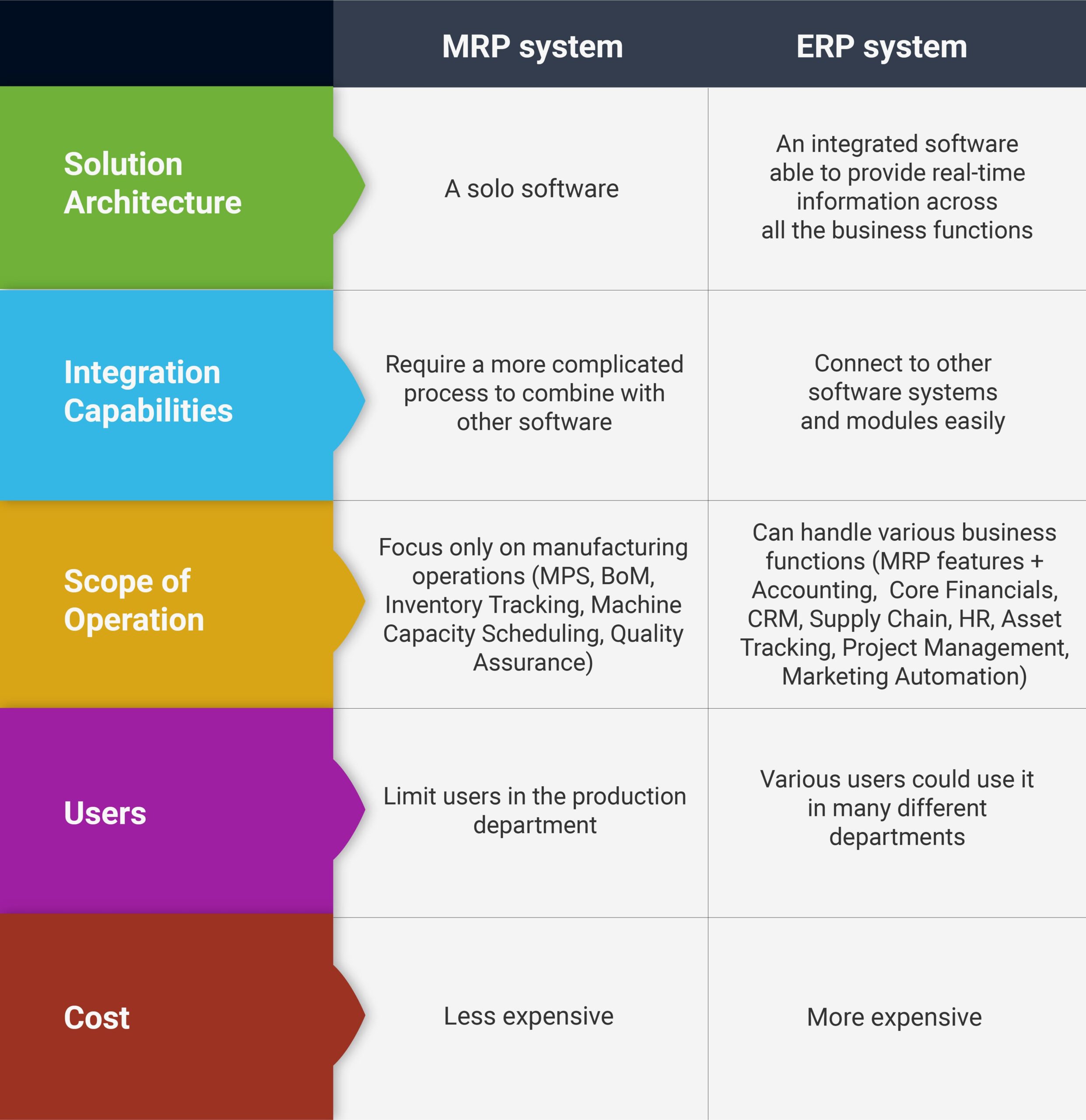
Things to Consider before choosing ERP or MRP Software:
Answering these questions might end your battle between choosing ERP vs. MRP:
- Which business software are you currently using? Are you satisfied? If not, understand the limitations.
- How fast is your business growing, and have you thought about future-proofing your business workflow?
- Do you want to streamline workflow among multiple departments?
- What are your fully functional areas, and what areas need improvement?
- What is your budget if you want to implement an ERP or MRP software?
Suggested: Why hire an ERP/MRP Consultation Expert for effective Implementation?
The Bottom Line: Choosing ERP Vs. MRP System
ERP does it all; MRP is specific.
The manufacturers whose business is limited to inventory or materials requirement management and doesn’t require operational support can consider choosing MRP software as it just works right for them and comes in a pocket-friendly budget.
Having said that, small manufacturers can benefit from standalone MRP software due to its specific features and lesser customization costs.
While a manufacturing company with multiple functions and departments can’t rely on standalone MRP software, it might seem suitable for current requirements. Still, it can’t sustain the market fluctuations, and customer demand as the company continue to evolve.
MRP software enables a production-focused control system; on the other hand, ERP has been promoted as an integrated solution for supporting and assembling business processes at all levels.
A lighter MRP software can serve small manufacturers, and niche manufacturers need a more advanced ERP system.
If you are still confused about choosing ERP Vs. MRP, certified ERP consultants at Aktiv could help you select the right tools and technology, all while understanding your current business requirements and future goals.
#erpvsmrp #erpsoftware #manufacturingerp

